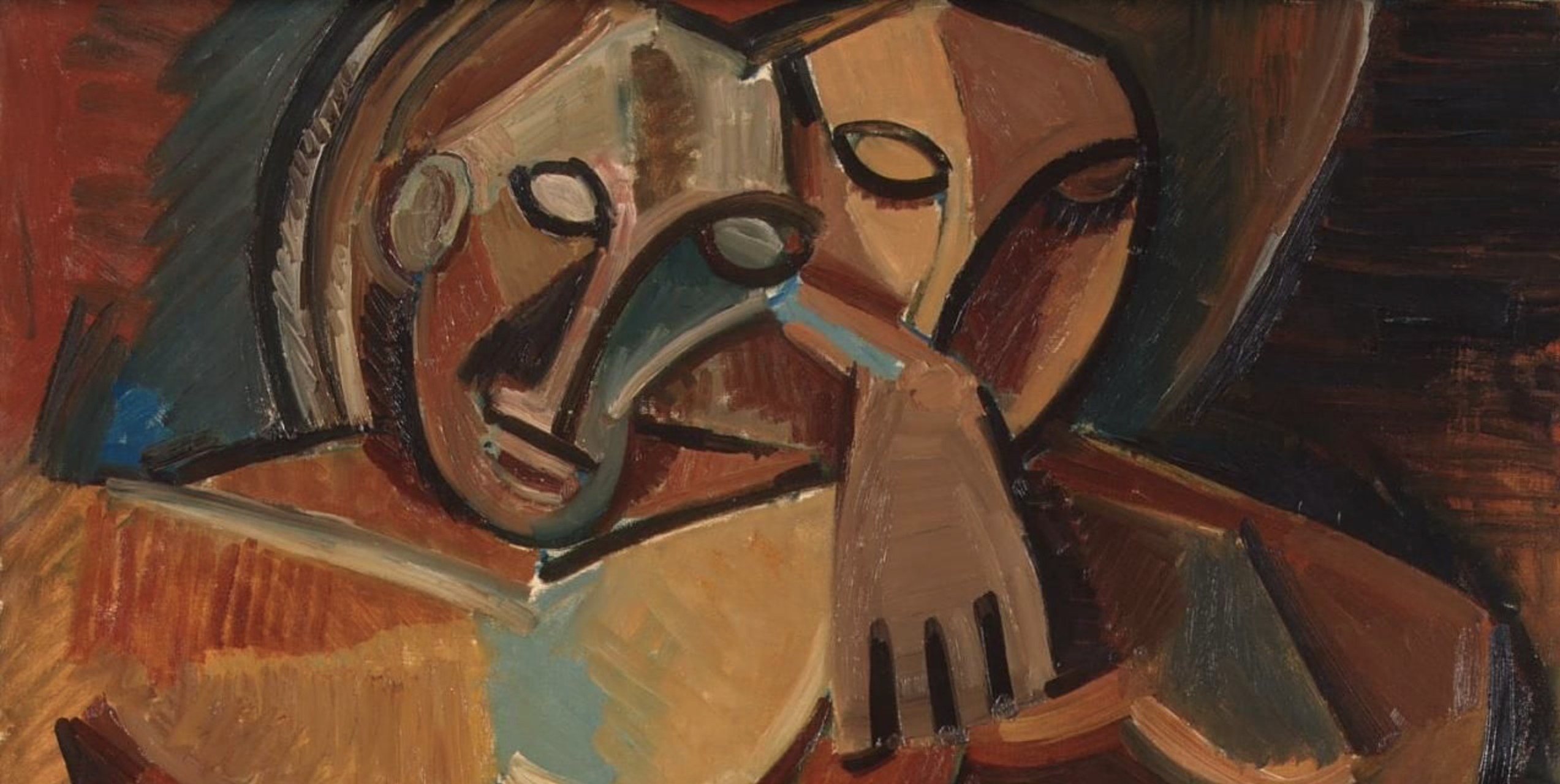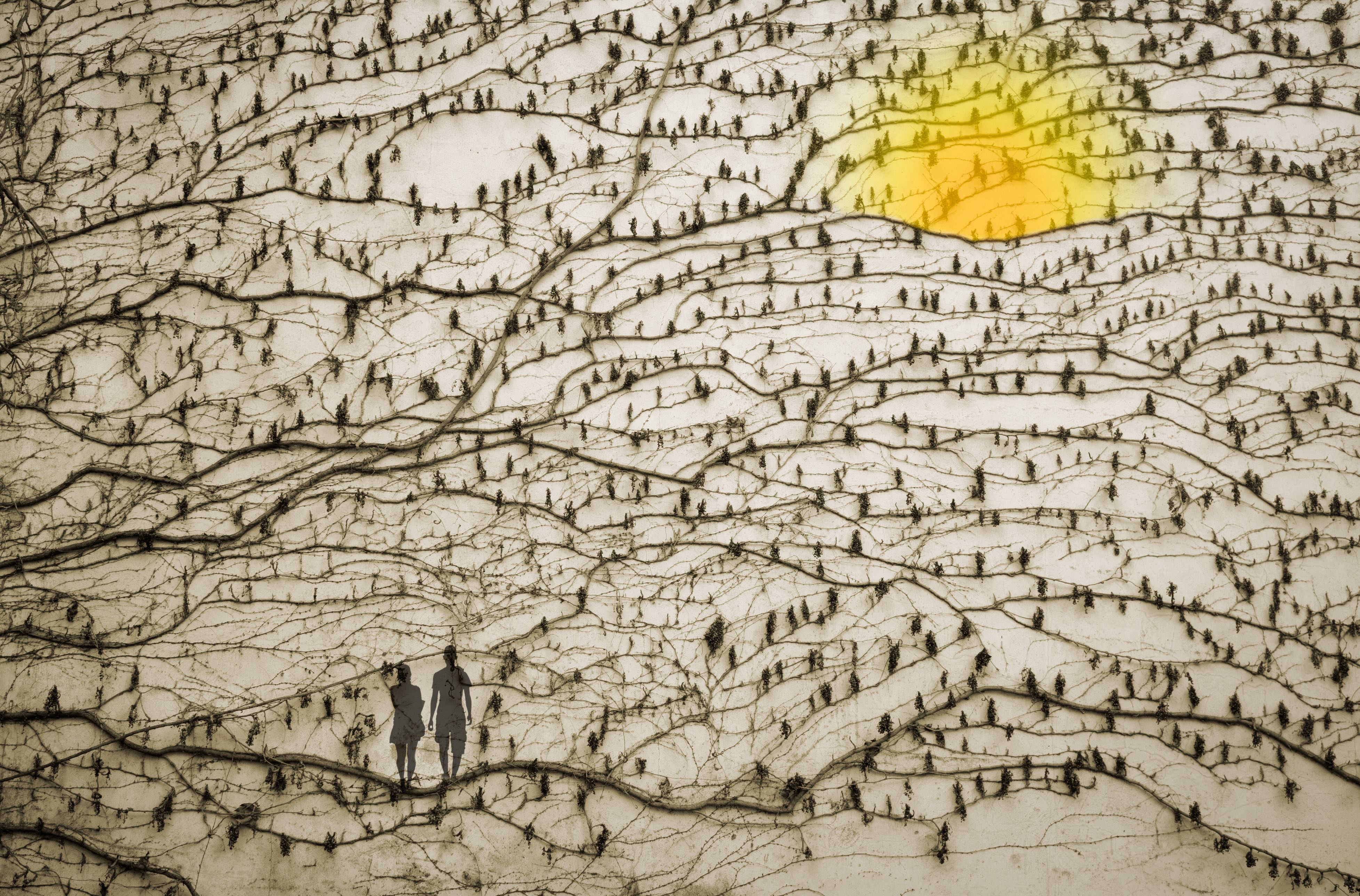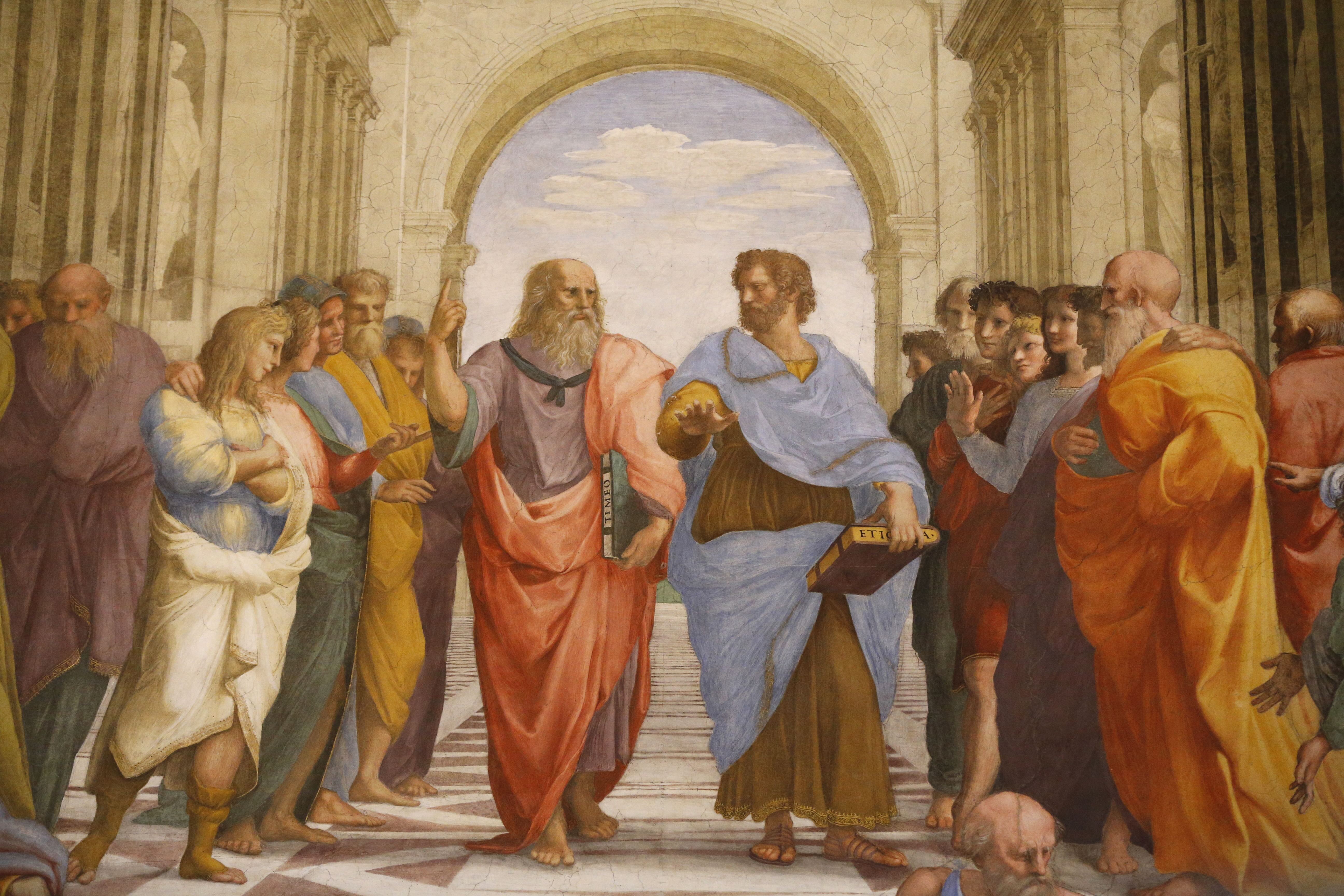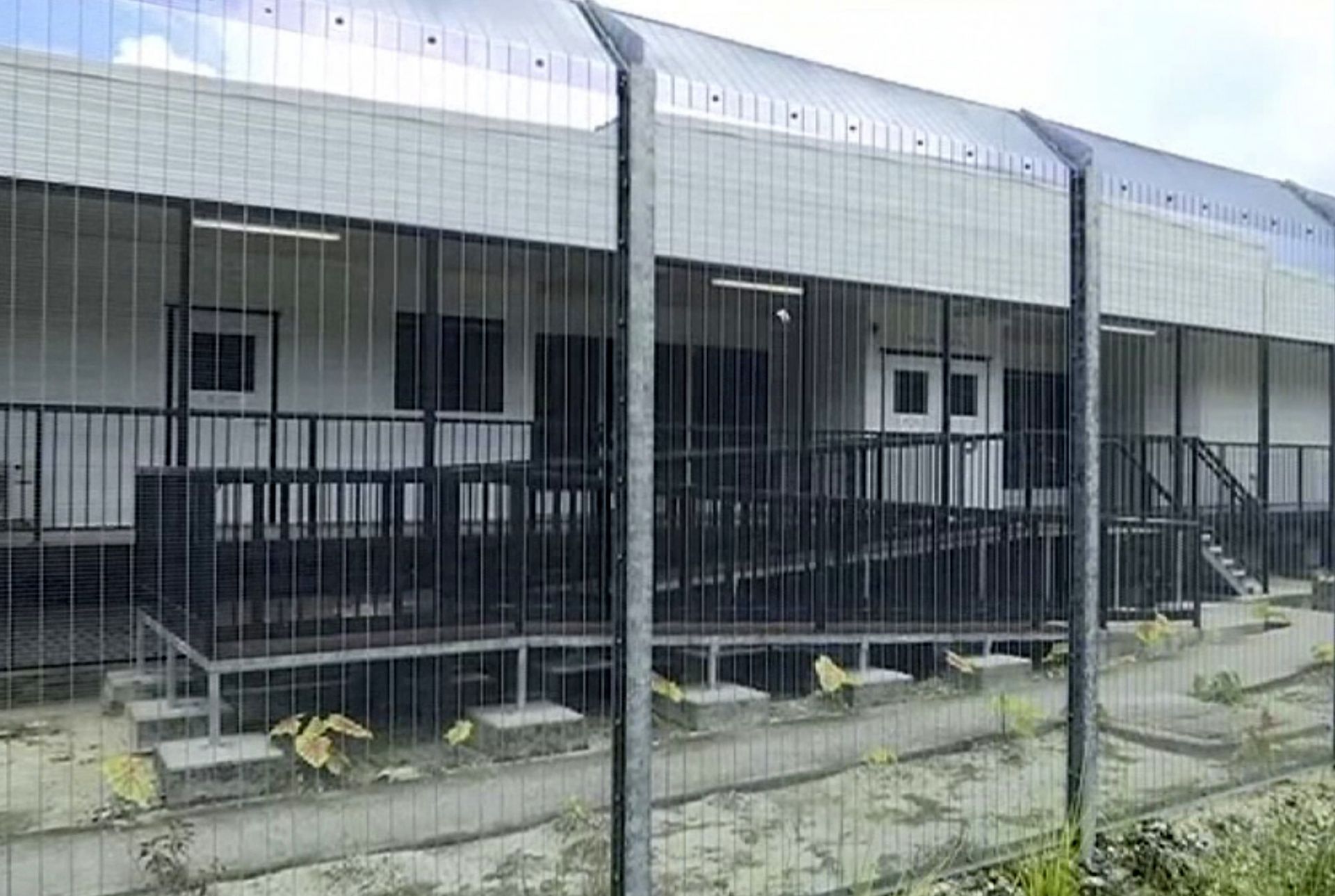
Politics & Society
Changing the narrative on refugees

Engaging in friendship can be an act of resistance, where we choose to create worlds together, instead of pursuing self-interest
Published 29 July 2025
Friendship is a radical act, especially in the times we’re living in. Its radical potential lies in rejecting the individualism that seems to define contemporary life.
When social and political systems are set up to divide us, when leadership is exercised as domination and the self is placed above the other, friendship is how we survive, despite attempts to control and govern us in ways that diminish our humanity.

In these circumstances, friendship is subversive.
Engaging in acts of friendship, and doing so creatively, is also an act of resistance – whether across borders and institutions or within them – we can choose instead to create our worlds together.
This is what authentic friendship looks like.
The value of friendship has been formally recognised by the United Nations through the International Day of Friendship on 30 July. It reminds us that:
…friendship feels almost radical in its simplicity. It doesn’t arrive with fanfare or policy; it doesn’t need speeches or signatures. It begins with something quieter: a conversation, a shared moment, a willingness to see one another not as strangers but as fellow travellers through the human experience.United Nations
Although friendship is precious, it is often neglected in intellectual and political life, and to our detriment.
Against this, we assert the radical and creative possibilities of friendship. And indeed, that real learning emerges through our interactions with others, through our creative endeavours, relationally.
Friendship is crucial to our survival, individually and socially, including within institutions, enabling us to be vulnerable with each other, and to work together collectively and ethically.

Politics & Society
Changing the narrative on refugees
Philosopher and scientist Aristotle described three definitions of friendship.
Friendship can be based on utility, on what measurable gain we derive from the friendship, or it can be based on the pleasure we derive from the friendship.
However, perfect friendship is a gift, without exchange. At the heart of friendship is empathy, since it's impossible to be friends with someone unless you're also capable of understanding them, of being able to imagine their experience of the world.
Through empathy, friendship becomes an expression of virtue.
In art, friendship nurtures our creative imaginations. So, the connection that emerges through our encounters with art is that we are invited to enter into the world of others, to see it through their eyes.

Kurdish writer and scholar Behrouz Boochani and Melbourne writer Arnold Zable became friends while Behrouz was imprisoned at the Manus Island Detention Centre.
They communicated through text message on phones that Behrouz secretly acquired.
Through their stories, we see how art and friendship overcame boundaries around who is represented and who is not, across lines that might otherwise separate.
Here, they reflect on the capacity for friendship to dissolve our differences, and the impact their own friendship has had on them, in both ordinary and extraordinary ways, across borders, time and personal histories.

Politics & Society
Against erasure
Behrouz Boochani:
Friendship is also about moments.
In life, there are some moments that impact and shape us in particular ways, and true friendship happens in those moments.
Manus prison was not only a place but a moment. Arnold appeared in that moment and that was the beginning of our friendship.
Through shared words, over text messages, I received the greatest present from Arnold’s beautiful heart, and I gained more confidence in my writing.
We were connected in that moment, through Arnold’s story of his father, as a poet who arrived in New Zealand, more than seven decades ago, and my own story, arriving on Christmas Island with nothing more than a book of poetry.
The words I received from Arnold at this time were like a great gift for me, giving me strength in the hell of Manus Island.
We wrote to each other, we shared ideas, happiness, sorrow, stories: we shared moments.
It was my journey, then it became our journey.
So even when I was finally able to find freedom in Christchurch, Arnold was there in that moment. He was there because my freedom was his freedom.
We deserved to share that joy, and we did share it.

Arts & Culture
Building intercultural engagement through music
I remember we hugged each other at the airport, then walked on the street. Walking there with Arnold was special.
Me and us.
I have a simple definition of friendship. "A friend is someone that if you suddenly run into them, you smile. That moment when you smile at each other is the joy of friendship."
Arnold Zable:
There is so much that Behrouz and I have shared in the ten years we have known each other, through stories and interwoven threads.
Our dialogue began in two little worlds, several thousand kilometres apart – one on the equator, the other in the south, and even before we met in person, our friendship was deep.
Friendship is also shaped by place, and through maps that overlap in unexpected ways.

Maps of the villages that our ancestors lived in. Maps of the ‘old world’, as my parents called the borderlands.
Maps of the Kurdish borderlands. Maps of perilous journeys on wild seas. Maps of bays and harbours and the routes of sea voyages. Maps of our childhoods.
Our expanding, shared map of the city where I grew up.
Over many years, while Behrouz was imprisoned in Manus, we wrote to each other. We exchanged messages that could arrive any time, day or night.
The physical distance between us dissolved. Borders became non-existent.

Arts & Culture
Finding friendship in art and algorithms
Our dialogue became a challenging and exciting collaboration, as I sought to understand the subtlety and deeper meaning of Behrouz’s words.
But as I conveyed to Behrouz at the time, "I think I can hear your voice, and understand your way of thinking".
Our exchange became a world unto itself.
Though we communicated in writing, we came to see each other as if we were conversing face to face.
When we finally met face to face in Christchurch. I will never forget that embrace.
‘On art and friendship’ was an in-conversation event hosted by Nikos Papastergiadis, with Behrouz Boochani and Arnold Zable.
Listen to the event recording on ABC radio’s Big Ideas program.
The event was supported by the MacGeorge Bequest, and hosted by the School of Social and Political Sciences in the Faculty of Arts, and the Peter McMullin Centre on Statelessness at Melbourne Law School.